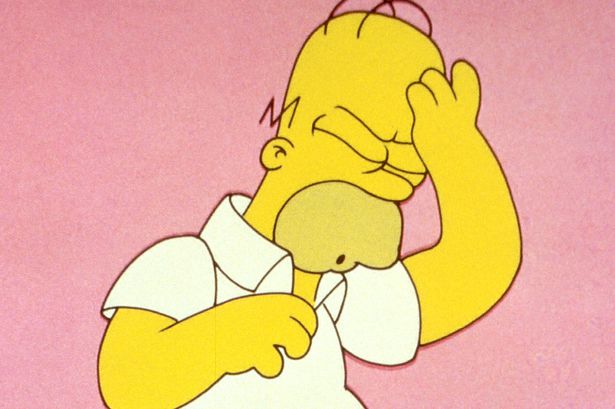Los Angeles teachers began a strike Monday that could imperil LA Mayor Eric Garcetti’s possible run for president.

Garcetti, looking happier than he probably is this morning. Photo via Wikipedia.
The Los Angeles Unified School District is the second-largest school district in the country. It serves approximately half a million students. Parents want a short strike. Taxpayers want few to no concessions. And unions want higher pay and at least some concessions.
If not resolved on its own and quickly, it’s a political conundrum for Garcetti.
According to The Hill, “In internal debates about how to build a campaign, Garcetti’s aides have acknowledged he cannot possibly launch a bid while teachers in his own city are on the picket line, according to sources involved in the conversations.”
However, Garcetti has little control over how this plays out. The Los Angeles Unified School District is an independent body. It is accountable to an elected school board, and covers Los Angeles itself as well as 25 other localities in the LA area. Garcetti is certainly a major figure in LA politics whose views may impact negotiations, but ultimately, he’s not in a position to make, or break, a deal.
But a deal could make, or break, him.
On the one hand, Garcetti needs to curry favor with – or at least not seriously piss off – teachers’ unions in order to stand a chance in a wide Democratic field in which he is lesser-known, and where some are suspicious about his teachers’ union friendliness given the positioning on education and labor issues of his predecessor, Antonio Villaraigosa.
On the other, if Garcetti looks like he overly sides with teachers’ unions as opposed to taxpayers and parents (for example, should teachers prove unwilling to make any concessions and stay out of schools for a lengthy period, thus angering a powerful bloc of Garcetti’s constituents as arguably occurred during the labor upheaval in Wisconsin following former Gov. Scott Walker’s controversial budget reforms), he could face charges of being soft or overly deferential to labor to the detriment of parents and kids.
All this, when he really has no power over the situation.
Thus far, Garcetti has tried to emphasize the point that there isn’t a lot of distance between the two sides at the negotiating table.
In a news conference yesterday, Garcetti commented that “… Rhetoric aside, when we look at what that distance is … I truly do believe not a lot separates us materially. We have some policy issues to confront on things like charters, on things like how is LAUSD going to be reorganized under the new superintendent and what role will teachers play in that reorganization, but I really do know … they’re not talking very far away from each other and that gives me the confidence we can get this done soon.”
On spec, that appears correct.
LAUSD has reportedly offered to cap classroom sizes and to give teachers a 6 percent pay rise next year.
However, the teachers’ union appears unhappy that this would be a one-year, one-off deal and is seeking a permanent 6.5 percent salary hike.
Other issues appear to be reducing class sizes, and adding more support including in the realm of school nurses and college counseling.
Garcetti called these demands “righteous causes” and the strike itself “electrifying” yesterday, rhetoric that should please striking teachers and labor negotiators.
However, knowing the political peril that comes with a strike running on, he also said “This is the time to make an agreement.”
Given that most voters, even savvier primary voters, have little understanding of how mayoral versus school district powers work in these situations, it’s understandable Garcetti would be praying for a quick close to the strike– and “working behind the scenes to strike a last-minute deal.”
A big challenge that faces big city mayors when they run for President is that big cities, unlike some states, have manifold, complex problems involving budget, rival constituencies, quality of public services, and basic logistics.
In Garcetti’s case, these include transportation, environmental, and homelessness challenges, among other things.
Fair or not, the longer the strike runs on, the less time and energy Garcetti may have to devote to his nascent campaign – while others, notably Sens. Elizabeth Warren, Kamala Harris and Kirsten Gillibrand, are already on the move.
Plus, if the strike runs for a week or more, more scrutiny could attach to Garcetti’s overall record as mayor, which could appear “flawed” relative to other presidential contenders simply because as LA Mayor, he has a tougher job than most senators, many governors, or especially wealthy philanthropists like Tom Steyer or Howard Schultz.
Former New York City Mayor Mike Bloomberg may face similar challenges to Garcetti if he runs, but he will enter the race with more money, higher name ID, and having been out of office – and away from challenges like the teachers’ strike – for several years before doing so.
“It’s a tough choice to focus on appealing to a national audience and risk alienating key constituencies in Los Angeles… How do you speak about a greater vision for the nation when there are still problems back in the city that haven’t been taken care of? The strike just makes this contrast way too stark for his own good.”

